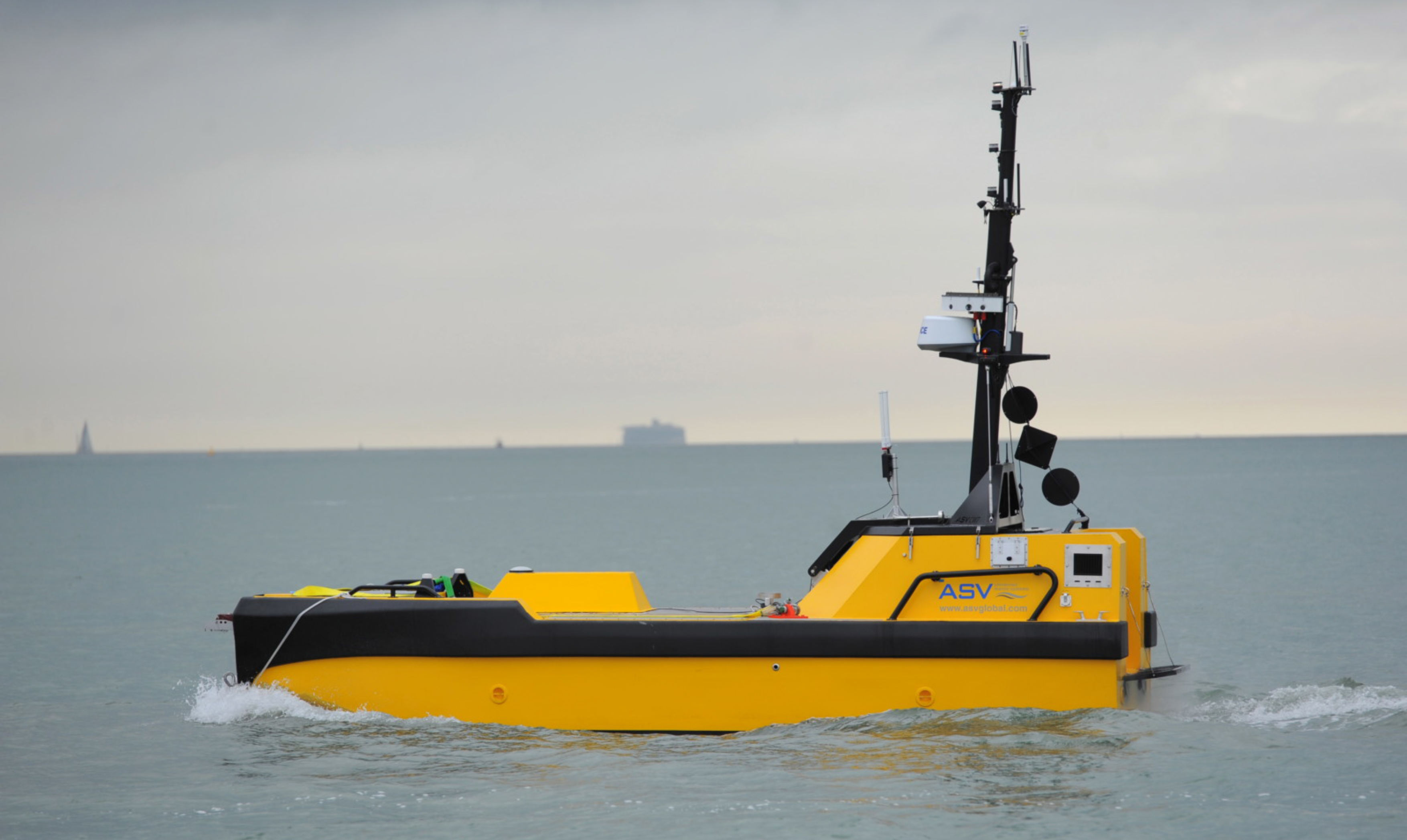Workers essential to unlock benefits of automation, says international report
7 June 2023

Seafarers see the prospect of autonomous ships as an opportunity to solve a number of problems in commercial shipping, but warn that crew expertise is central to making change effective, according to a new report.
The Maritime Autonomous Surface Ships (MASS) report was presented to the 107th session of the International Maritime Organization’s Maritime Safety Committee on 31 May. It collates seafarer perspectives and expectations on the introduction of greater automation in the global merchant fleet. It has been published jointly by the Korean Maritime Institute (KMI), the International Transport Workers’ Federation (ITF) and the Korea Institute of Maritime and Fisheries Technology (KIMFT).
Researchers interviewed 17 seafarers and seafarers' representatives. Seafarers interviewed in the research were very positive about learning new skills and the impact these will have on the quality of their work, but felt the industry is not doing enough to fund training, preparing seafarers for the changes that are coming.
‘Developments in artificial intelligence are making the possibility of fully autonomous ships more real,’ said David Heindel, chair of the ITF’s Seafarers’ Section. ‘These ships are already being tested, though most seafarers don’t envisage them becoming a practical reality for many years. What we are likely to see is a gradual process where levels of automation steadily increase. Far from considering this a threat to jobs, unions believe it is an opportunity to make shipping safer, with more skilled, better-quality work, putting the industry in a better place to tackle big issues like climate change.’
In fact, the research indicates that demand for seafarers’ skills and competences will keep rising until at least 2040, although it recognises that the rate of employment growth may ease slightly because of automation.
‘The global reality is that we need cleaner, greener ships to curb the industry’s emissions, and if new technology can help with this challenge, we welcome that. But the industry must also deal with the urgent safety and health issues that seafarers face on a day-to-day basis, from basic access to clean drinking water through to having the right skills to be able to work with new and old tech. All of these challenges require workers’ input to resolve them,’ Mr Heindel added.
‘That’s why this report is so important. As all parties come to grips with the changes required in regulations and ship operation, and the skills that will be needed, it is crucial that we include the voices of those who will be expected to make the new technology work.’
Tags
